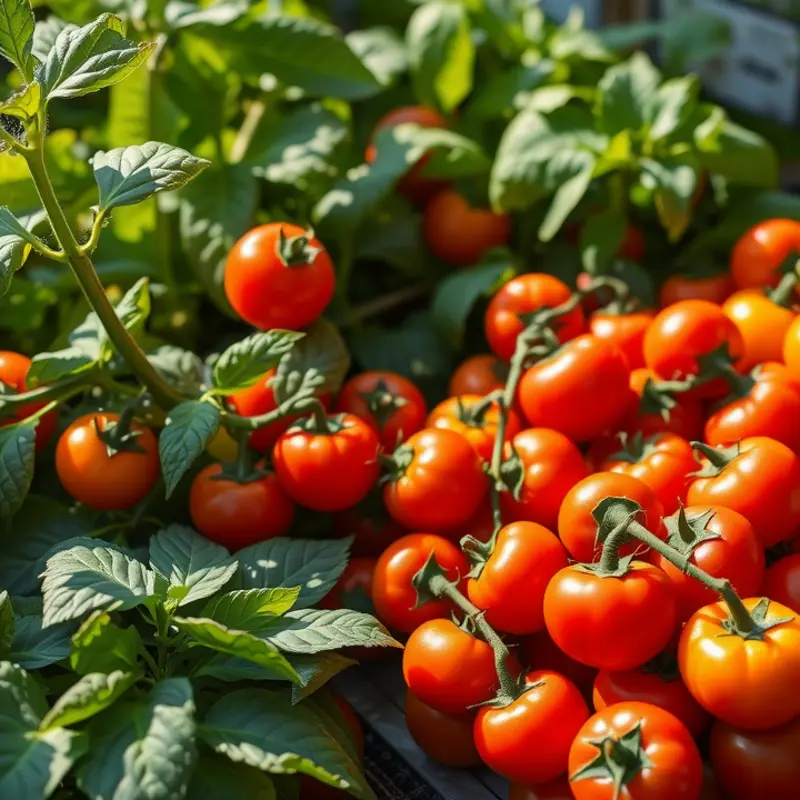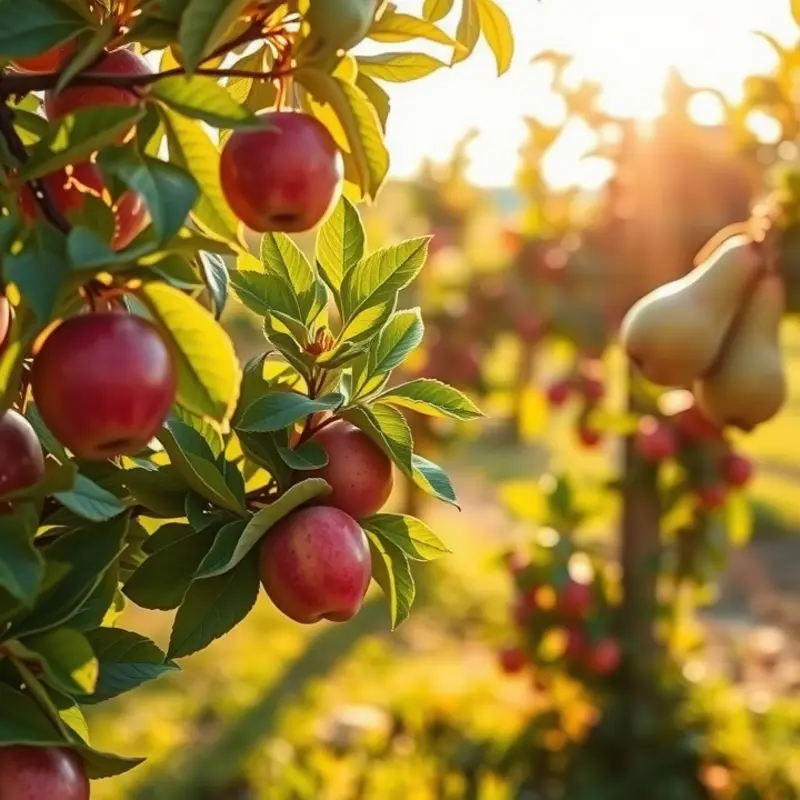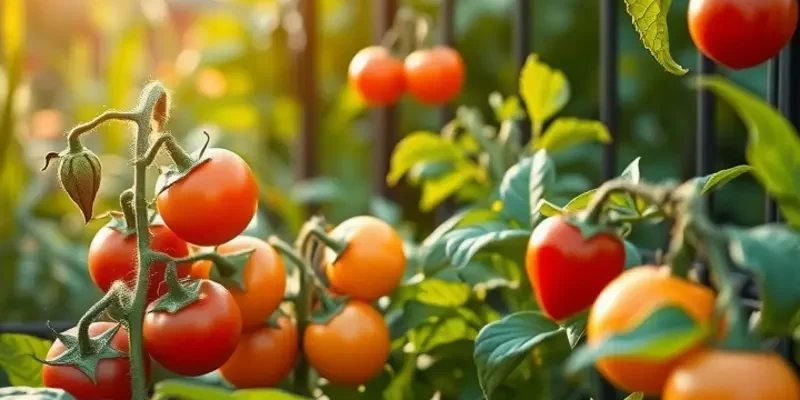Bitterness in sauces can be off-putting and overshadow the delicious flavors you aim to create. Understanding the balance of ingredients and how to manipulate flavors is key to crafting mouthwatering sauces. This guide will walk you through the art of reducing bitterness, providing practical and straightforward tips for home cooks of all levels eager to improve their kitchen skills.
Understanding the Sources of Sauce Bitterness

Bitterness in sauces can derail the perfect balance of flavors you strive to achieve in your culinary creations. Identifying and understanding the culprits of this bitterness is essential to elevate your sauces. Let’s delve into the common offenders and explore strategies to prevent bitterness from overpowering your dishes.
1. Overcooked Aromatics:
Aromatics like garlic and onions serve as the foundation for many sauces. However, when overcooked, they can lend an undesirable bitterness. To avoid this, sauté them until they are translucent or slightly golden, never burnt. Their mild sweetness when cooked properly will enhance the sauce’s complexity without introducing bitterness.
2. Overuse of Herbs and Spices:
While herbs and spices are essential for flavor, excess amounts can lead to bitterness. Oregano, thyme, and rosemary, in particular, need to be used judiciously. If they dominate the sauce, their bitter notes become pronounced. Opt for fresh herbs when possible, and add them towards the end of cooking to maintain their freshness and reduce bitterness.
3. Mismanaged Tomato-Based Sauces:
Tomatoes, especially those sold as canned, often have a tangy nature that can verge into bitterness when not handled correctly. To mitigate this, integrate a small pinch of sugar or a splash of wine to balance out the acidity. Allowing your sauce to simmer slowly also helps soften harsh acidic notes, transforming them into a mild sweetness.
4. Improper Cooking Times for Certain Ingredients:
Long cooking times can amplify or mask bitterness. Ingredients like citrus peel can turn bitter if left to cook too long. Grated citrus zest adds bright flavor when added towards the end of cooking, avoiding prolonged heat exposure. Recognize the cooking timelines for individual ingredients to better manage their flavor profile.
5. The Role of Oils and Fats:
The choice of cooking fats significantly impacts the taste and texture of sauces. Rancid oils contribute to bitterness, making it imperative to use fresh, high-quality oils. Additionally, be mindful of the oil’s smoke point; overheating oils can cause them to become bitter and burnt, ruining the sauce.
Enhancing the flavor of your sauces and avoiding bitterness can also be supported by experimenting with different functional foods like spices and herbs. Explore how herbs can reduce bitterness by effectively balancing out unpleasant flavors while providing additional health benefits.
Conclusion:
With these insights, you are well-equipped to troubleshoot and perfect your sauce-making skills. Understanding the common sources of bitterness allows you to craft sauces that are not only flavorful but also harmonious and balanced, ready to impress even the most discerning palate.
Effective Techniques to Reduce Bitterness

The secret to a palatable, richly flavored sauce lies in mastering the balance of tastes. Bitterness, while contributing complexity, can easily dominate if not handled properly. Here we explore effective techniques to mitigate this bitterness, ensuring your sauces delight the palate.
Balancing Sweetness
One straightforward approach to counteract bitterness is by adding sweetness. Sugar isn’t the only hero in this case. Consider natural sweeteners like honey, maple syrup, or even the subtle sweetness of cooked onions or carrots. Each can round out bitter notes without overpowering your sauce. When using sweet ingredients, incorporate them gradually and taste frequently. The goal is to create a harmonious flavor profile that accentuates the sauce’s richness without becoming overly sweet.
Introducing Acidity
Acidity can also play a pivotal role in taming bitterness. A splash of vinegar or a squeeze of fresh citrus can elevate the overall taste and diminish harsh notes. Whether it’s apple cider vinegar for a fruity tang or lemon juice for a bright finish, these acidic ingredients add depth and complexity. Remember, the type of acid matters. For a more subtle effect, reach for balsamic vinegar, which also contributes a hint of sweetness that further masks bitterness.
Enhancing Saltiness
Salt is a universal flavor enhancer, and a pinch can reduce the perception of bitterness in sauces. Use salt judiciously to ensure it complements rather than overwhelms the other ingredients. Incorporating salty elements such as soy sauce or miso can add umami, providing a counterbalance to bitter compounds while enriching the flavor of your sauce.
Incorporating Dairy
Another technique involves integrating dairy to soften harsh flavors. A dollop of cream, a swirl of yogurt, or a melting cube of butter can provide a smooth, luxurious finish. Dairy’s richness helps bind flavors together, minimizing bitterness while introducing a soothing, creamy element.
Choosing Ingredients Wisely
Selecting the right ingredients at the start is crucial. Bitter vegetables like kale or radicchio can be tempered with companion ingredients like apples or nuts. Moreover, techniques like blanching or roasting can alleviate the bitterness of certain vegetables before adding them to your sauce.
For a detailed exploration of how complementary ingredients can transform flavors, consider reviewing this resource on flavoring dishes without traditional herbs.
Tasting and Adjusting
As you perfect your sauce, consistently taste and adjust your ingredients. This iterative process allows you to refine the balance until bitterness is minimized and each element sings in harmony. Confidence in tasting and adjusting comes with practice, and becoming attuned to these subtle variations makes all the difference.
In summary, neutralizing bitterness is more than just about adding sugar or salt; it’s about understanding and balancing the entire spectrum of flavors. By effectively applying these techniques, you can transform your sauces into vibrant, well-rounded creations that celebrate simplicity and sophistication.
Final words
Successfully reducing bitterness in your sauces can elevate the overall flavor of your dishes. By familiarizing yourself with the common sources of bitterness and mastering simple techniques to counteract it, you’ll create sauces that enhance your culinary creations. Remember, cooking is an art, and experimentation is crucial. Don’t hesitate to adjust flavors to find the perfect balance for your taste buds. With practice, your dishes will mouthwateringly shine without bitterness holding them back.







